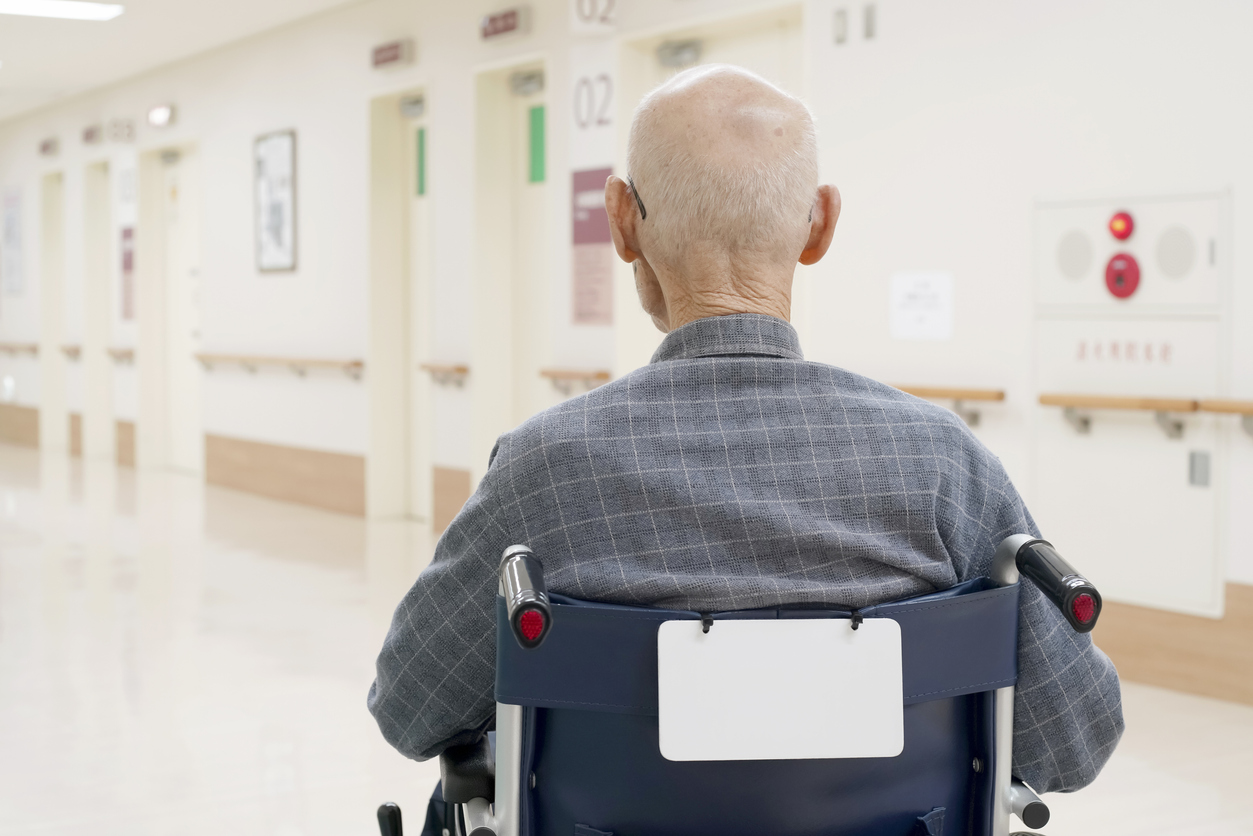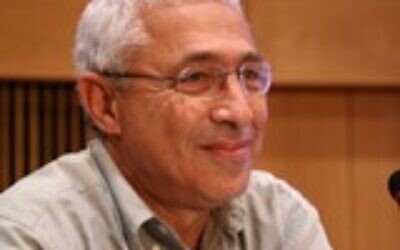Israel’s 75-plus population will increase by 48 percent by 2030, creating an urgent need to bolster the health system, according to new research.
Over the next seven years, the age group will grow from 500,000 to 740,000, modeling suggests. The numbers come from a study by Myers-JDC-Brookdale Institute, a Jerusalem-based research organization.
“The children of the babyboomer generation, those born soon after World War II, are reaching old age, and it’s a demographic trend we need to take notice of,” Yitschak Shnoor, the researcher behind the study, told The Times of Israel.
He said that the challenges for the health system are significant, as the elderly require a disproportionately high level of medical care.
The study, which was published only in Hebrew, includes a statistical look at hospital need. For this part of the research, Shnoor studied the 65-plus age bracket, and found that it accounts for 63% of hospitalizations in internal wards, 59.6% in intensive COVID care wards, 58.6% in pulmonary wards and 49.4% in COVID-19 wards.
Get The Times of Israel's Daily Edition by email and never miss our top stories
These statistics hint at the increased burden the health system will face, Schnoor said, commenting: “There will be more strain on the system, but we aren’t seeing the necessary increases in infrastructure, the numbers of doctors and the supply of hospital beds.
“We need to recruit more doctors, and we need to be working on this now — it’s already late.”

Illustrative image: a hospital geriatric ward (iStock)
Schnoor’s concerns are echoed by many experts who are unconnected to his study. Prof. Gabi Bin-Nun, a health economist who was one of the architects of Israel’s National Insurance Law, told The Times of Israel: “For many years Israel was considered a very young country and the population of elderly was much lower than in other OECD countries, but this is changing.
“A dramatic increase in the elderly is expected by 2030 and it will impact the health systems in many ways, including services in hospitals, in the community and so on.”

Prof. Gabi Bin-Nun (courtesy of Prof. Gabi )
Bin-Nun, a Ben Gurion University professor who worked for 30 years in the Health Ministry, including as Deputy Director General for Health Economics and Health Insurance, said he is concerned over the situation as it is, even before the expected major growth in the elderly population.
“Unfortunately the health service in Israel right now, before this expected change, is in a state of need and stress,” he said. “So I think in the future it will be much harder to fulfill the needs of the population.
“We need more hospital beds, more doctors and nurses, and more equipment to treat the population. It’s actually not only the needs of the health system — other welfare services will have to change and adapt too.”


